Andrew Tate says he will ban LGBTQ propaganda in schools if he becomes UK Prime Minister
Andrew Tate Says He Will Ban LGBTQ Propaganda in Schools If He Becomes UK Prime Minister: A Controversial Statement with Far-Reaching Implications
In a bold and highly controversial statement, Andrew Tate, the former kickboxing champion turned social media personality, recently declared that he would ban LGBTQ+ propaganda in schools if he were to become the Prime Minister of the United Kingdom. The remarks, made during an online appearance, have sparked intense debate, with supporters praising his stance on what they perceive as the protection of traditional values, while critics argue that such policies would be discriminatory and harmful to LGBTQ+ individuals, particularly young people.
Andrew Tate, known for his divisive views and provocative online persona, has built a following by espousing controversial takes on masculinity, gender roles, and societal issues. His comments regarding LGBTQ+ rights in schools come as part of his broader critique of what he perceives as the erosion of traditional societal values and the imposition of progressive ideologies.
Tate’s Proposal: What He Said About LGBTQ+ “Propaganda”
Andrew Tate’s statement regarding LGBTQ+ “propaganda” in schools revolves around his belief that young children should not be exposed to what he considers to be “indoctrination” on issues related to gender and sexual orientation. He argues that teaching children about LGBTQ+ issues, such as gender identity and sexual orientation, is inappropriate and goes against traditional values, particularly those held by many conservative communities.
Tate’s position suggests that he would push for a nationwide ban on LGBTQ+ materials and discussions in schools, describing such content as propaganda rather than educational information. He further claimed that it was necessary to shield young minds from what he views as harmful or confusing narratives about gender and sexuality. In his comments, he implied that such teachings could be damaging to children’s mental health and development, although these claims have been widely disputed by mental health professionals, educators, and LGBTQ+ advocates.
Reaction to Tate’s Statement: Divided Opinions
Tate’s proposal has quickly sparked a firestorm of responses across the political spectrum. The reactions have largely fallen into two camps: those who support his stance as a defense of traditional values, and those who view it as an attack on the rights and dignity of LGBTQ+ people, particularly within the educational system.
Supporters: A Stand Against “Political Correctness”
Andrew Tate’s supporters, many of whom are drawn to his strong stance against what they perceive as “political correctness,” have expressed support for his proposal to ban LGBTQ+ discussions in schools. They argue that Tate is taking a stand against what they see as an overreach of progressive ideologies that have made their way into the education system.
For some, Tate’s views resonate with their concerns about the influence of modern cultural trends and the perceived imposition of LGBTQ+ issues in schools. These individuals may argue that parents, rather than schools, should have control over the information their children are exposed to and that traditional values should be upheld in the face of what they believe is an overly inclusive or liberal agenda.
Supporters of Tate’s viewpoint argue that the inclusion of LGBTQ+ content in school curriculums, such as lessons about same-sex relationships or discussions about gender identity, could be inappropriate for young students. They claim that such topics could confuse children or disrupt traditional family structures, despite the fact that many educational systems around the world have moved toward inclusivity to reflect the diversity of society.
Critics: A Threat to LGBTQ+ Rights and Children’s Well-Being
On the other side, LGBTQ+ advocates, educators, mental health professionals, and many political figures have strongly condemned Tate’s comments. They argue that banning LGBTQ+ topics in schools would not only undermine the rights of LGBTQ+ individuals but also perpetuate harmful stereotypes and foster discrimination.
Critics of Tate’s proposal point out that education about LGBTQ+ issues is important for promoting tolerance, understanding, and inclusivity in society. For many LGBTQ+ students, seeing positive representations of diverse identities in school can help reduce feelings of isolation, and create an environment where they feel safe and validated. Banning LGBTQ+ content could send a harmful message to these students, potentially exacerbating issues such as mental health struggles, bullying, and a lack of support from peers and teachers.
Mental health professionals, in particular, have voiced concerns about the potential consequences of such a policy. Studies have shown that LGBTQ+ youth are at a higher risk of experiencing mental health issues, such as depression and anxiety, as well as higher rates of suicide, largely due to discrimination, lack of acceptance, and bullying. Providing inclusive education, they argue, can be a protective factor that helps reduce these risks by fostering an environment of respect and understanding.
Furthermore, educators emphasize the importance of comprehensive sex education that includes information about sexual orientation and gender identity. Many school systems already teach these topics in a way that is age-appropriate and aims to give students the knowledge they need to navigate relationships and understand diversity. According to these critics, Tate’s proposal would essentially erase the existence of LGBTQ+ individuals from the curriculum, reinforcing stigma and discrimination in society.
The Bigger Picture: LGBTQ+ Rights in the UK
Tate’s comments come at a time when LGBTQ+ rights have become a significant issue in the UK and around the world. In the UK, there have been ongoing debates about the role of LGBTQ+ inclusion in schools, with some regions pushing for more inclusive policies while others argue for a more conservative approach. The issue has become even more polarized with the rise of populist political movements, which often frame LGBTQ+ rights as a “threat” to traditional values.
In recent years, the UK has made significant strides in supporting LGBTQ+ rights, including the legalization of same-sex marriage in 2014 and efforts to improve protections against discrimination. However, the topic of LGBTQ+ education in schools remains contentious, particularly when it comes to discussions of gender identity and sexuality. The UK’s Equality Act 2010 mandates that schools should provide an environment free from discrimination, including on the basis of sexual orientation and gender identity. Thus, any efforts to ban LGBTQ+ education would likely face significant legal challenges.
Political Implications: Andrew Tate’s Political Ambitions
Tate’s political aspirations are still in their early stages, but his comments about LGBTQ+ issues have thrust him into the political spotlight. While his remarks may attract support from certain conservative or nationalist factions, they also risk alienating a broad swath of the electorate, including young people, liberals, and the LGBTQ+ community.
Given Tate’s controversial and polarizing reputation, his bid for political office—should it gain traction—would likely be met with fierce opposition from both mainstream political parties and civil society groups. Political campaigns focused on divisive issues like LGBTQ+ rights tend to further entrench polarization in society, and Tate’s emphasis on banning LGBTQ+ content in schools could deepen the cultural divide that already exists in the UK.
Conclusion: A Divisive and Controversial Proposal
Andrew Tate’s recent statement about banning LGBTQ+ propaganda in schools if he were to become UK Prime Minister has ignited a heated debate about the role of LGBTQ+ issues in education and society at large. Supporters view it as a defense of traditional values, while critics argue that it would harm LGBTQ+ individuals, particularly students, by denying them the education and support they need to thrive.
Ultimately, Tate’s proposal highlights the ongoing cultural and political battles surrounding LGBTQ+ rights, and serves as a reminder of the significant challenges still faced by marginalized communities. As the conversation around LGBTQ+ rights continues to evolve, it remains clear that the future of these debates will shape the policies and values of tomorrow’s society. Whether Tate’s position will gain serious political traction or remain a divisive talking point will depend on the political climate and the broader national conversation about inclusion, rights, and equality.
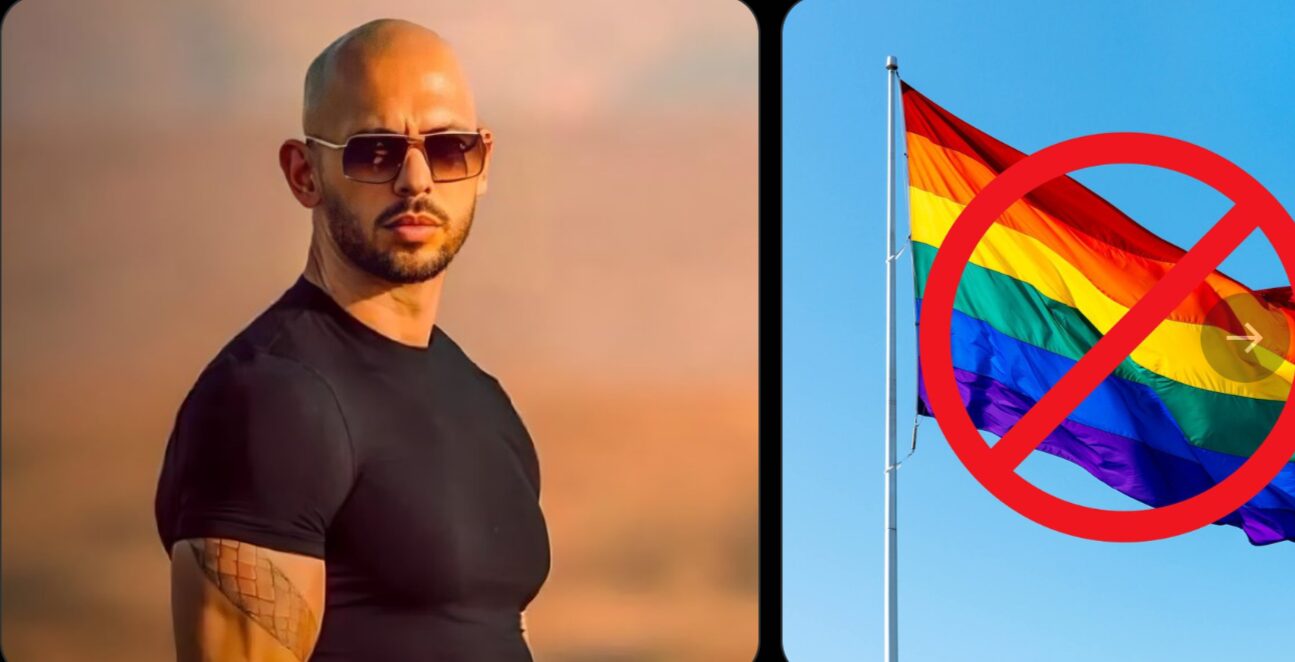

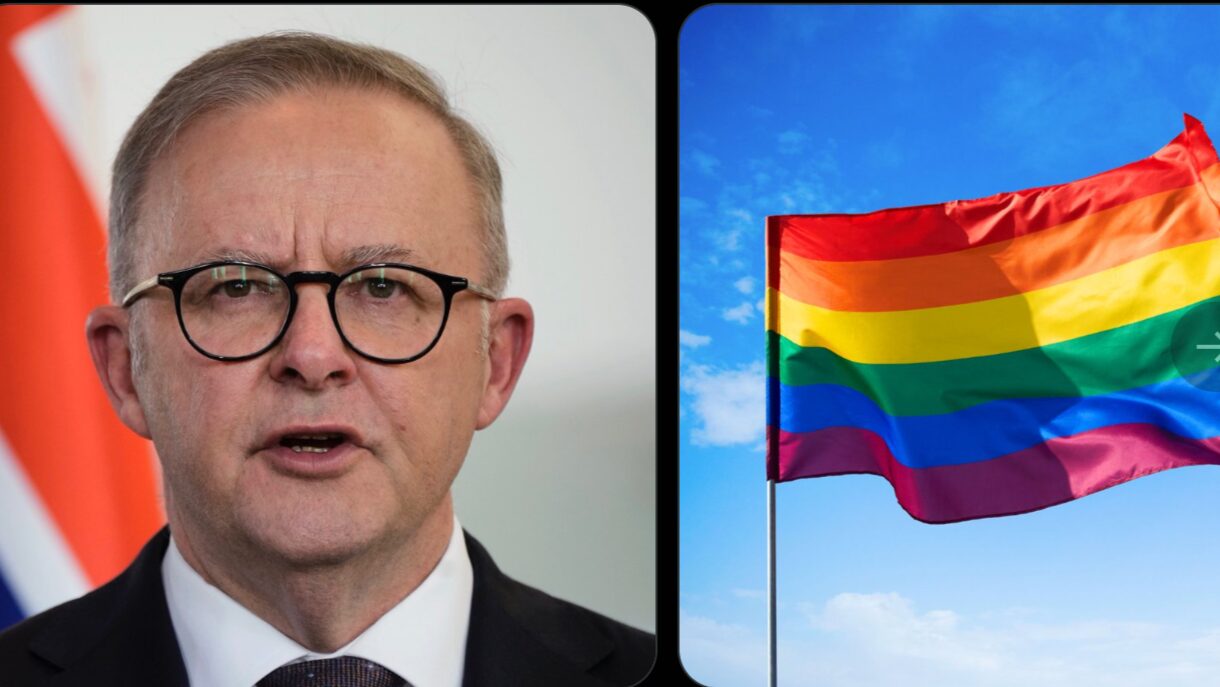

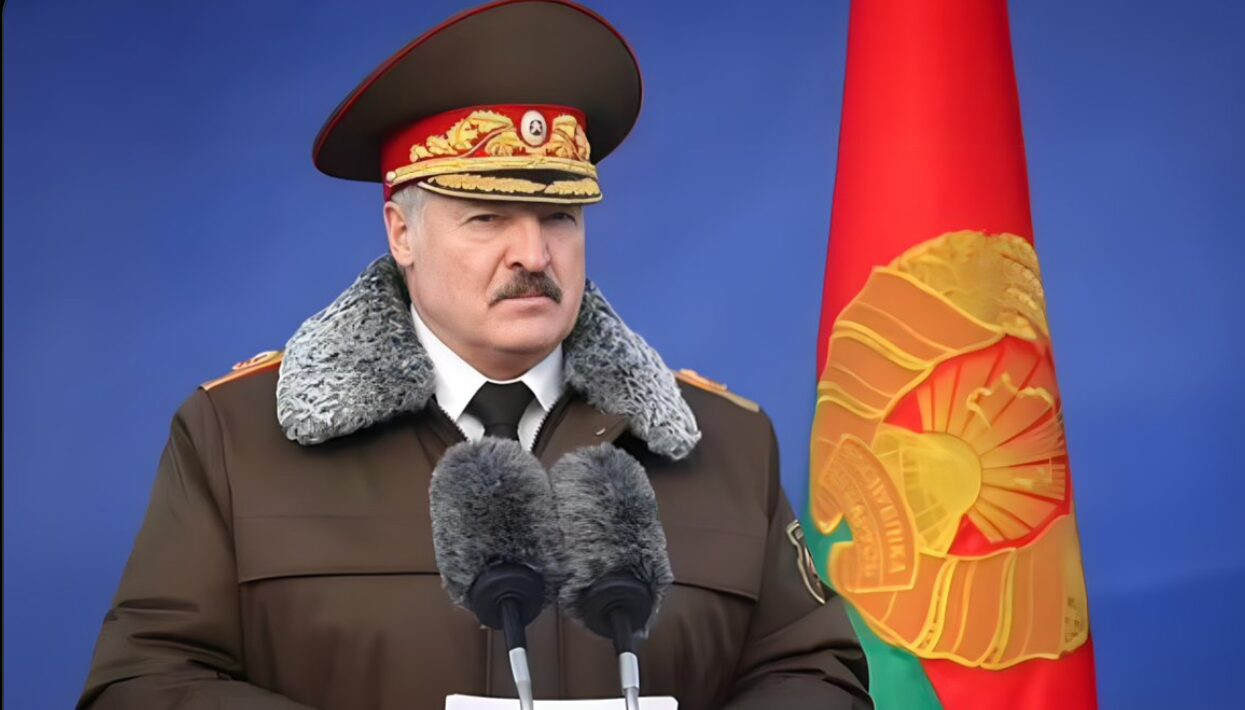


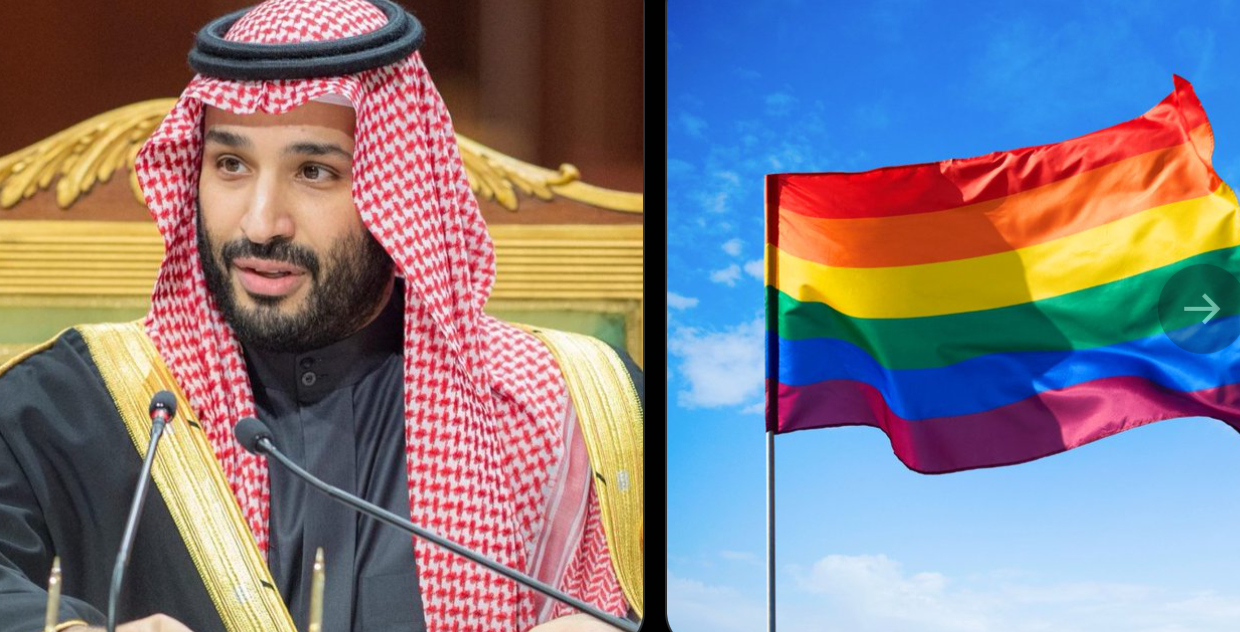
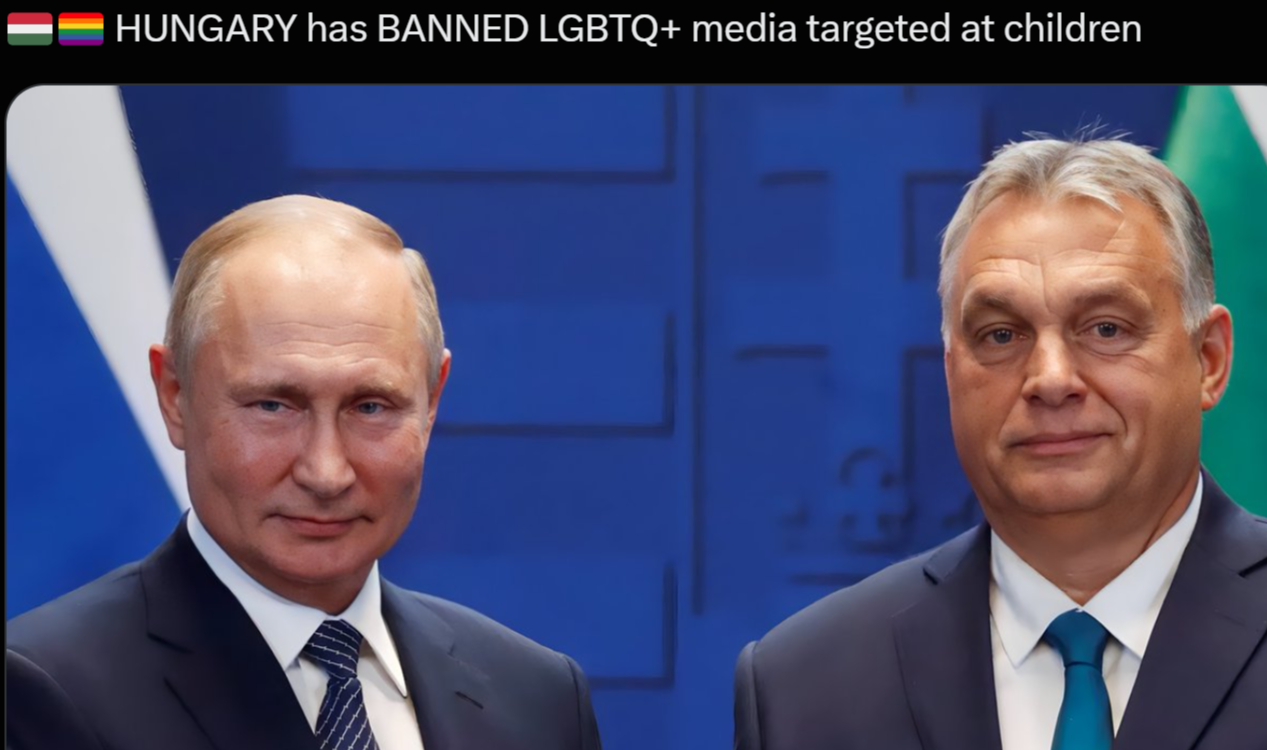








Post Comment